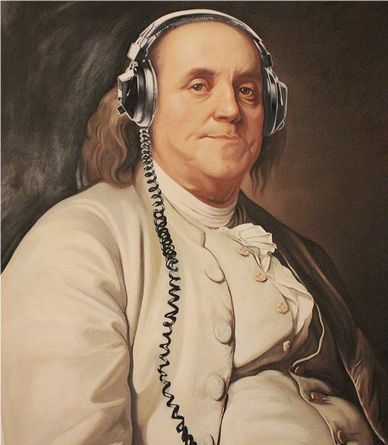Introduction:
WFLN Philadelphia, a renowned radio station, has left an indelible mark on the city's cultural landscape. For decades, it has been a beacon of classical music, providing a platform for artistic expression and fostering a deep appreciation for the wonders of this timeless genre. In this essay, we will explore the rich history of WFLN Philadelphia and the invaluable contributions it has made to the city's cultural enrichment.
1. The Birth of WFLN Philadelphia:
WFLN Philadelphia was established in 1949, emerging as one of the earliest FM radio stations in the United States. From its inception, the station aimed to offer listeners an alternative to the prevailing commercial AM radio stations by focusing primarily on classical music programming. The founders envisioned a platform that would celebrate the grandeur and beauty of classical compositions, introducing them to a wider audience.
2. A Haven for Classical Music Enthusiasts:
WFLN Philadelphia quickly became a haven for classical music enthusiasts, attracting a dedicated following of listeners who craved the elegance and sophistication of this genre. The station's commitment to excellence in programming was evident in its carefully curated playlists, featuring a diverse range of composers, eras, and styles. From Bach and Mozart to Beethoven and Tchaikovsky, WFLN Philadelphia offered a comprehensive selection that catered to both seasoned connoisseurs and newcomers to classical music.
3. Educational Initiatives and Community Outreach:
Beyond its role as a radio station, WFLN Philadelphia actively engaged in educational initiatives and community outreach programs. The station collaborated with local schools and universities, organizing lectures, workshops, and masterclasses to promote classical music education. By providing access to renowned artists and music experts, WFLN Philadelphia fostered a deeper understanding and appreciation of classical music among students and the wider community.
4. Cultural Events and Partnerships:
WFLN Philadelphia played a pivotal role in the city's cultural scene by partnering with leading cultural institutions, orchestras, and music festivals. The station broadcasted live performances, bringing the magic of renowned orchestras and soloists into the homes of thousands of listeners. This partnership facilitated a close connection between the radio station and the local classical music community, as well as further solidifying Philadelphia's reputation as a hub for artistic excellence.
Conclusion:
WFLN Philadelphia's legacy was a bastion of classical music and cultural enrichment is undeniable. Through its dedication to programming excellence, educational initiatives, community outreach, and partnerships with cultural institutions, the station has played a crucial role in nurturing a deep appreciation for classical music within the city. Through the 2oth century until its demise WFLN Philadelphia promoted the beauty of classical music as a vital cultural institution in the heart of Philadelphia.




